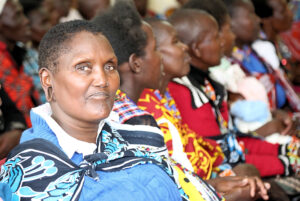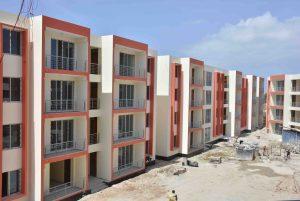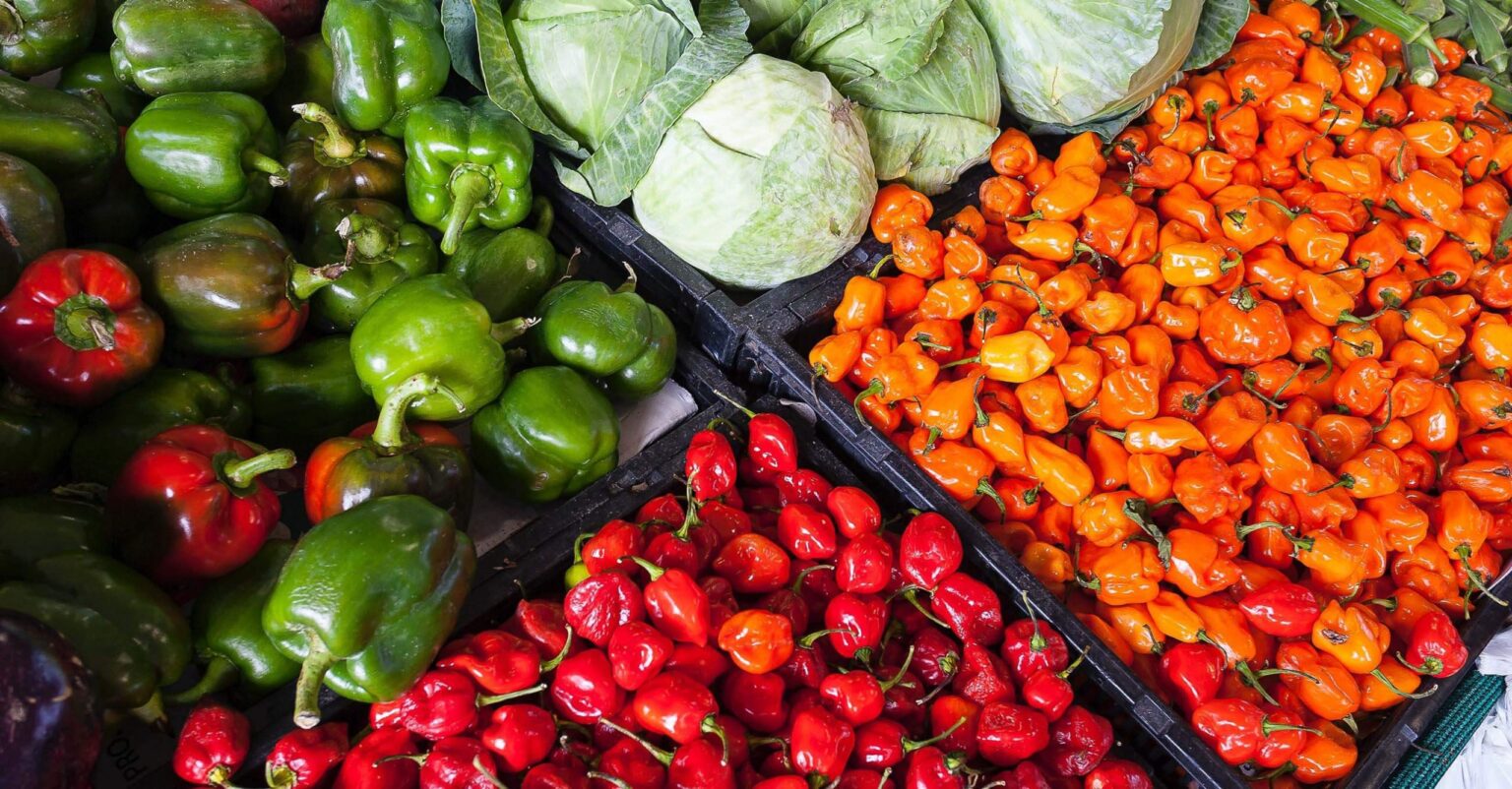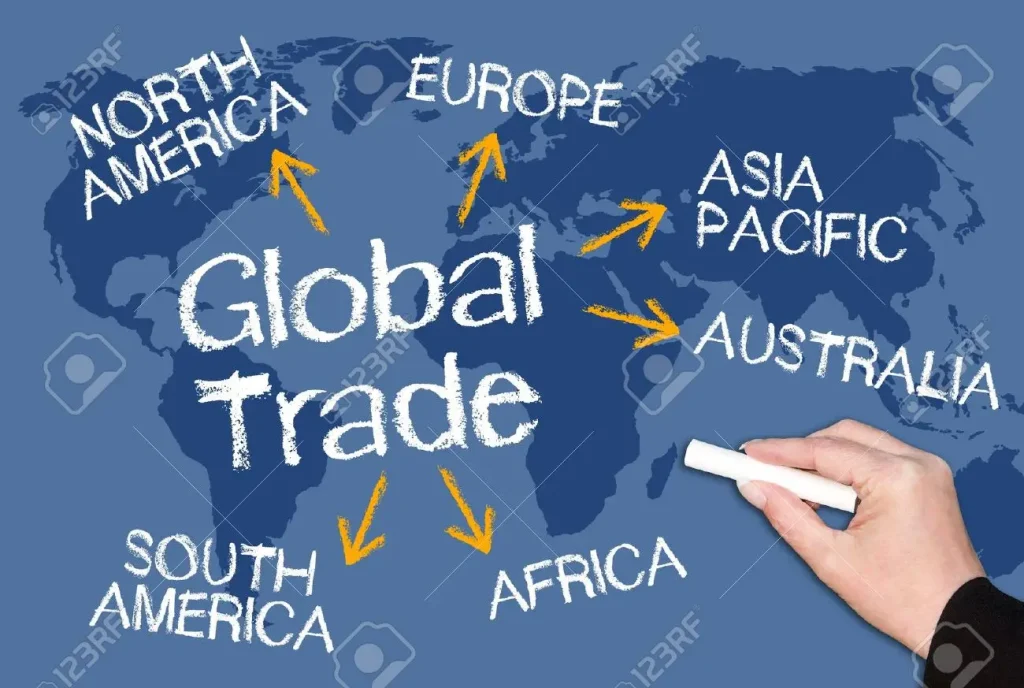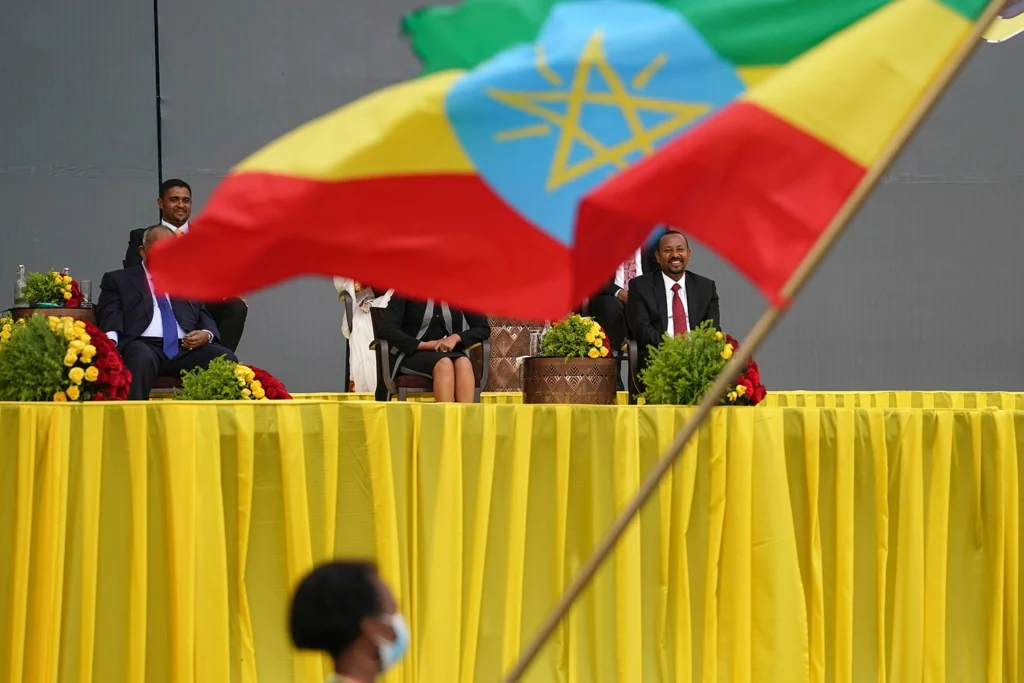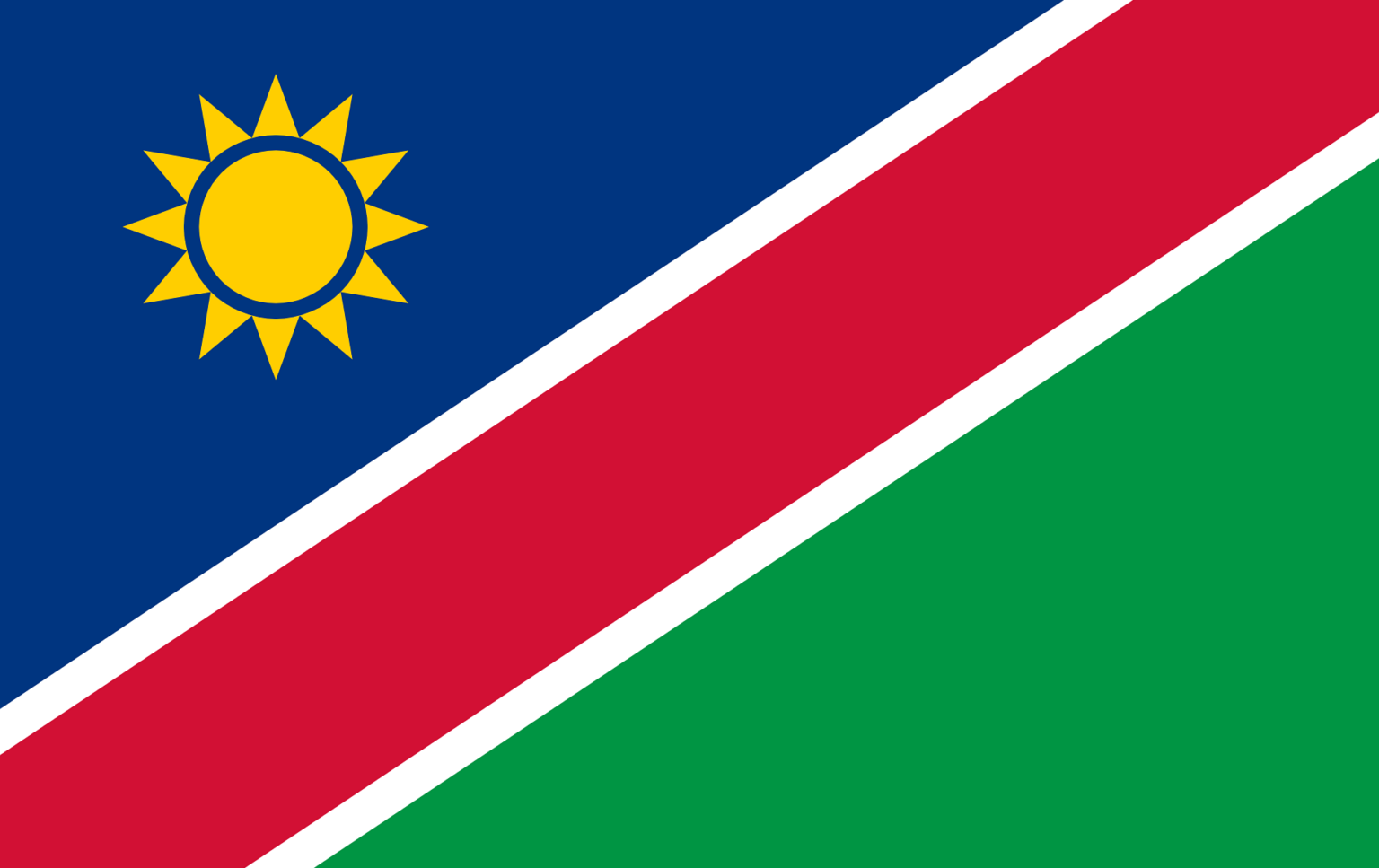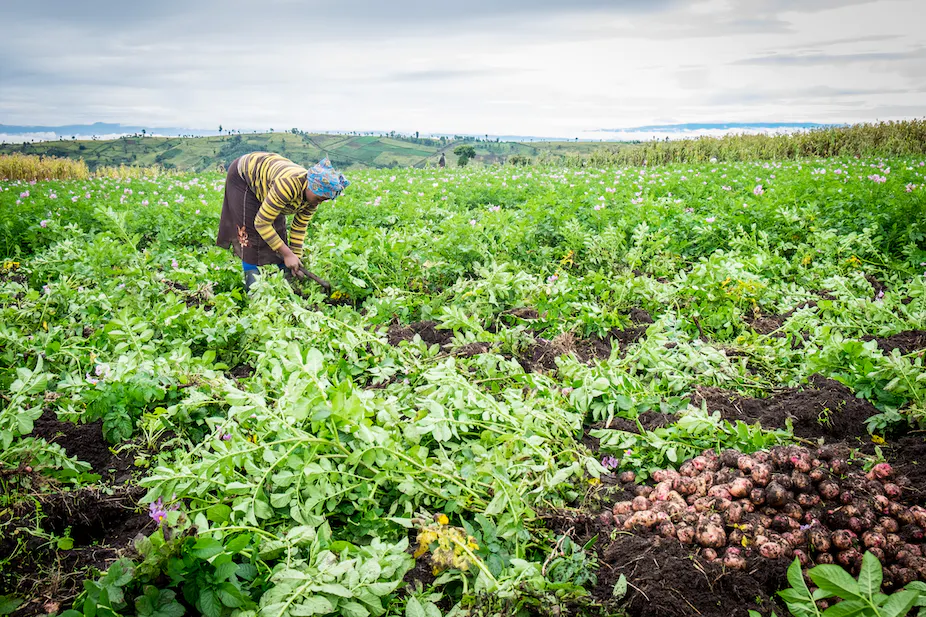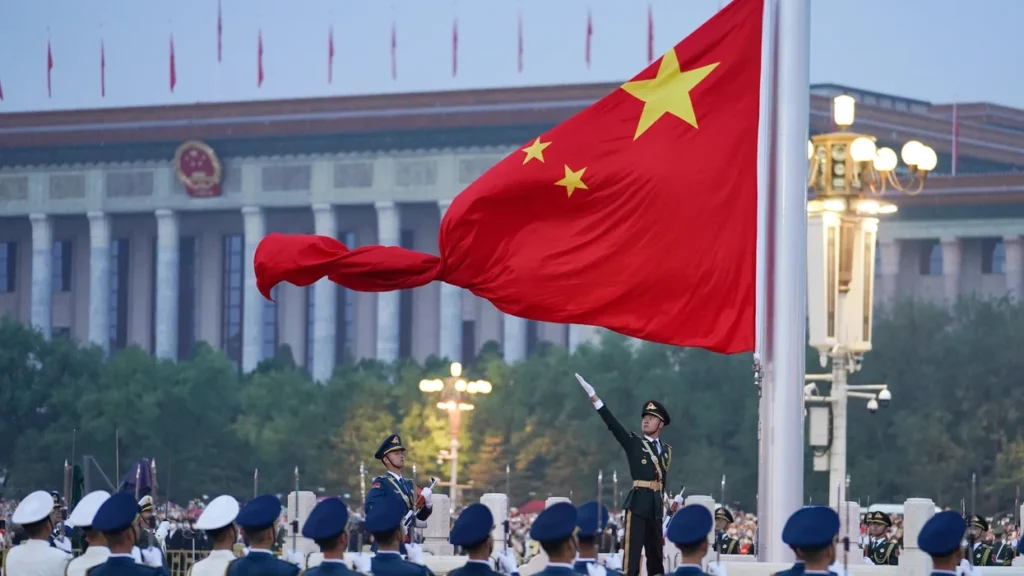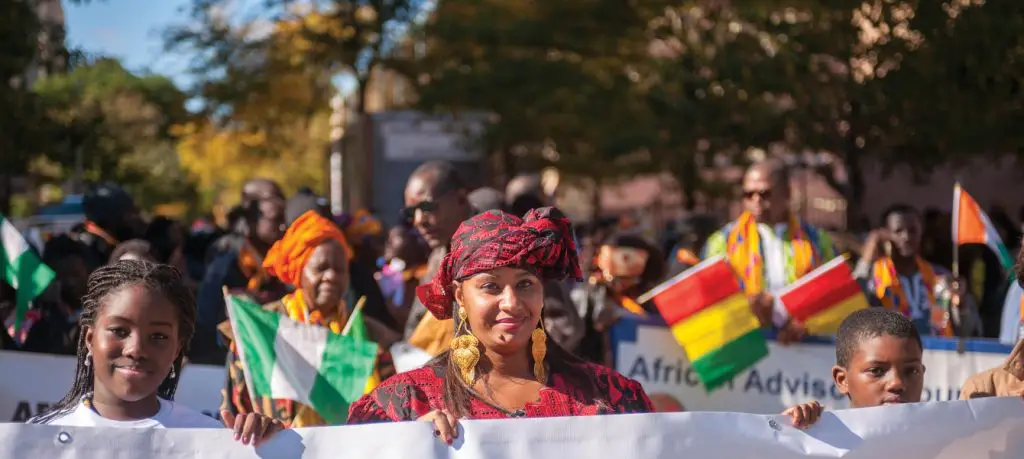- AfDB commits $2 billion to revolutionise clean cooking in Africa, save forests
- The harsh realities of family laws for African women revealed
- Kenyan home buyers shift preferences, seek affordable housing despite market downturn
- How startup Yeeo is shaping the future of business contacts with eco-friendly innovation
- Stakeholders in Nairobi seek to unlock Kenya’s green jobs potential
- Alarming surge in online child exploitation sweeps Africa
- Beijing tightens China-Africa grip as trade rivals US, Russia seek bigger slice
- Exploring the Forex CFD Trading Landscape in Africa in 2024
Author: James Ndwaru
I am a writer based in Kenya with over 10 years of experience in business, economics, technology, law, and environmental studies.
Should a common currency in the EAC come to fruition, the trade will be fueled by a reduction, albeit limited, in transaction costs, the elimination of exchange rate risk and region-wide price harmonisation – all of which will undoubtedly be underpinned by policy incentives.
- Monetary Union is the third stage towards EAC regional integration, capped through Political Federation.
- Considering individual economies are relatively small, currency harmonisation might play a significant role in improving intra-African trade.
- The IMF, through its chief Christine Lagarde, previously warned the EAC not to rush into a currency union, pointing to the issues faced in Europe.
Interest in regional integration, including monetary, in Africa has remained intense over the decades since independence. Consequently, various regional groupings have been formed. Those initiatives were stimulated by the generally small size of individual economies. This led to a desire to promote economies of scale in production and distribution. A …
Côte d’Ivoire’s economy remains on a favourable trajectory. The economy needs bolstering to expedite the structural change of its economy as envisioned by the new 2030 plan. To achieve this, the nation needs to raise its investments in new sectors with considerable potential for wealth generation and improvement in quality of life. These sectors would enable the inclusion and realisation of benefits for women and the most disadvantaged populations in society, especially those residing in the most isolated rural areas.…
AfCFTA’s successful implementation can boost trade and promote Africa’s economic recovery and growth. The AfCFTA is the world’s most extensive free trade area in terms of size and number of nations, with a combined GDP of around $3.4 trillion.
Increased integration would improve incomes, generate employment, stimulate investment, and make establishing regional supply chains easier. In comparison to Africa’s external trade, intra-African trade remains tiny. In 2020, just 18 per cent of exports went to other African nations.…
With African nations in desperate need of economic boosts, reinventing the continent’s pharmaceutical “wheel” as a contributor to development has become critical. This crucial venture requires public and private participation and, of course, the willingness of the West’s Big Pharma!
Most Africans lack the means to seek qualified healthcare providers for quality medication. People turn to self-help and alternative medicine to avoid medical expenditures, which are often out of reach. With less than 400 drug manufacturers to cater to the more than 1.3 billion people on the continent, millions of Africans die or suffer from protracted illnesses without consistent access to even the most essential medicines. Widespread ill health can trap people in poverty, as healthier people are more productive.
The pandemic’s effects have exacerbated Africa’s healthcare crisis in the last two years. The situation has captured the attention of investors who noted the gap between supply and demand in …
Undoubtedly, the return to peace after two years has restored hope Ethiopia’s economy can regain its growth momentum. According to officials, a permanent return to peace will help unlock more than $4bn in frozen funding. The funds will ease a crippling shortage of foreign exchange that plagued the economy even before the war began. Agriculture, the primary sector driving Ethiopia’s economy, should provide the much-needed boost to economic recovery.…
Namibia has made progress on structural changes to foster economic diversification and boost productivity. Improving the business environment, promoting access to capital, improving governance, and decreasing skills mismatches are crucial for stimulating growth and achieving long-term debt sustainability.…
Time is running out for Africa to guarantee food security for its population. As the saying goes, it is not very reasonable to keep doing the same things and expect different results.
Africa needs crops that can withstand pests and disease, withstand drought, flourish without excessive pesticides and fertilizers, and produce healthy food. Africa needs crops to enable smallholder farmers to prosper. GMOs provide a powerful instrument for Africa to address these demands when other choices fail over time.…
Sierra Leone’s government may have to impose severe austerity measures. These measures will address inefficiencies and inadequacies in allocating and administrating public resources. However, all hands must be on deck within these economic management measures. This will secure the ring-fencing of money for essential objectives like education, livelihood preservation, and health. These objectives remain critical to maintaining social stability and a rapid return to the economic recovery path.…
Xi Jinping has elevated the China-Africa friendship to its most significant level since Mao Zedong’s reign. With Xi getting a third five-year term and perhaps staying in power even longer, those relations will strengthen further. Thus, Africa will remain pivotal in China’s plans for global economic control.…
Until substantial reforms are implemented, and remittance flows channelled towards long-term economic prospects, the diaspora will continue to be a net negative for weak African economies. Africa cannot depend on exporting its brilliant people abroad to bring money home forever. Thus, governments must establish vibrant economies that appreciate the continent’s human capital and enable bright individuals to prosper.…

